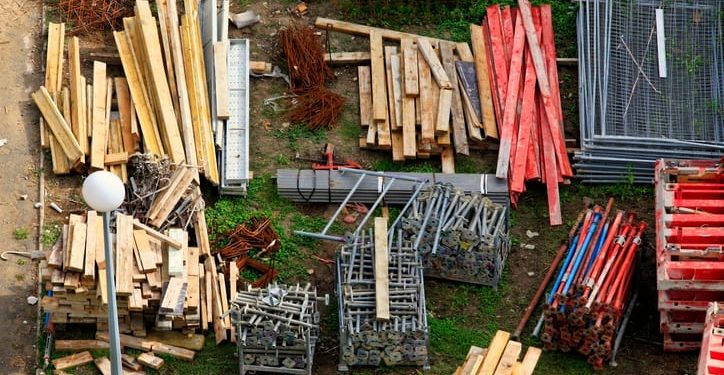The construction industry, while crucial for development, also generates a significant amount of waste. Discarded materials and debris pile up in landfills and drain resources harming the environment. Reducing construction waste is vital for sustainable development and environmental conservation. Here are some effective strategies to minimize waste during construction projects:
Efficient Planning and Design
Effective waste reduction begins at the planning and design stages. Utilize Building Information Modeling (BIM) to visualize the entire construction process, identify potential waste areas, and make necessary adjustments before construction begins. Opt for designs that use standard material dimensions to exactly what is needed, consider deconstruction over demolition to salvage materials, and designing for adaptability so buildings can be easily modified in the future.
Accurate Estimation
Accurately estimating the quantity of materials needed for a project can significantly reduce waste. Over-ordering leads to surplus materials that may end up as waste. Use historical data, precise measurements, and technology to ensure accurate material orders.
Modular Construction
Modular construction involves prefabricating components in a factory-controlled environment and assembling them on-site. This method reduces material waste significantly, as factory settings optimize material usage and limit errors.
Material Reuse and Recycling
Incorporate a waste management plan that prioritizes the reuse and recycling of materials. Look for materials with high recycled content and specify recyclable materials whenever possible. Salvageable materials such as metal, wood, and concrete should be separated and sent to recycling facilities. On-site crushing of concrete and masonry for reuse in construction can also reduce waste.
Waste Segregation
Implementing a waste segregation system on-site can enhance recycling efforts. Provide separate bins for different types of waste such as metals, plastics, wood, and general waste. Educate workers on the importance of proper segregation.
Adopting these strategies not only minimizes environmental impact but also reduces costs associated with waste disposal. Efficient planning, material management, and a commitment to sustainability are key to reducing construction waste and promoting eco-friendly building practices.

















